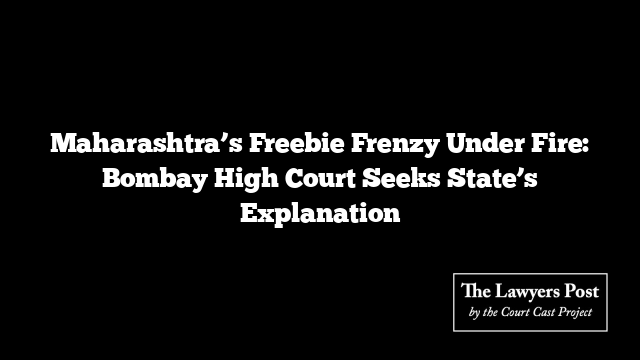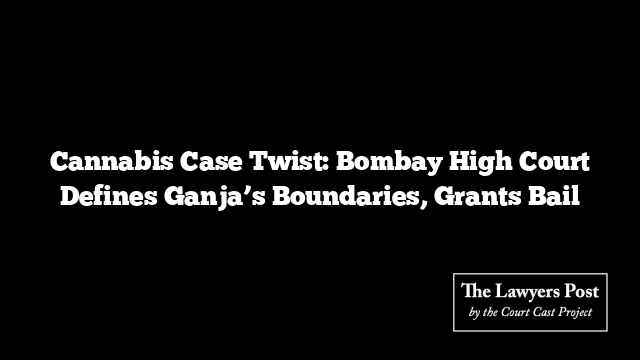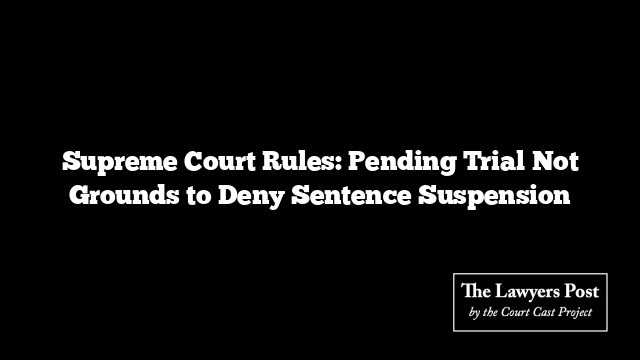The Bombay High Court has called on the Maharashtra government to justify its controversial use of public funds for distributing freebies, following a public interest litigation (PIL) filed by a veteran social worker, Anil Murlidhar Wadpalliwar. The case targets what Wadpalliwar describes as the reckless use of taxpayer money on unsustainable handouts, creating a culture of dependency while neglecting essential infrastructure needs.
The PIL criticizes the government’s approach, highlighting that the funds could be better used to address long-term development challenges in villages and slums. Instead of investing in necessary infrastructure, the State is handing out freebies with questionable benefits, Wadpalliwar argues, claiming this practice distorts democracy and encourages vote-bank politics.
Drawing on reports like the 2022 RBI Bulletin, Wadpalliwar points out that Maharashtra’s debt-to-GDP ratio has worsened, further amplifying concerns about the financial mismanagement caused by these policies. He claims that many of these schemes face significant implementation issues, citing the government’s approval of only 2,000 applications out of 24,000 for a recent initiative.
Wadpalliwar’s petition does not attack any single policy but challenges the logic behind the broader freebie culture, calling it economically imprudent and socially harmful. The case further questions the motives behind such handouts, suggesting they may serve as a form of electoral bribery.
In response, the Bombay High Court, through Justices Abhay Mantri and Bharati Dangre, has directed the government to file its explanation by October 23. The petitioner has urged the court to declare such policies unconstitutional and proposes the establishment of an independent commission to monitor and regulate freebie distribution.





